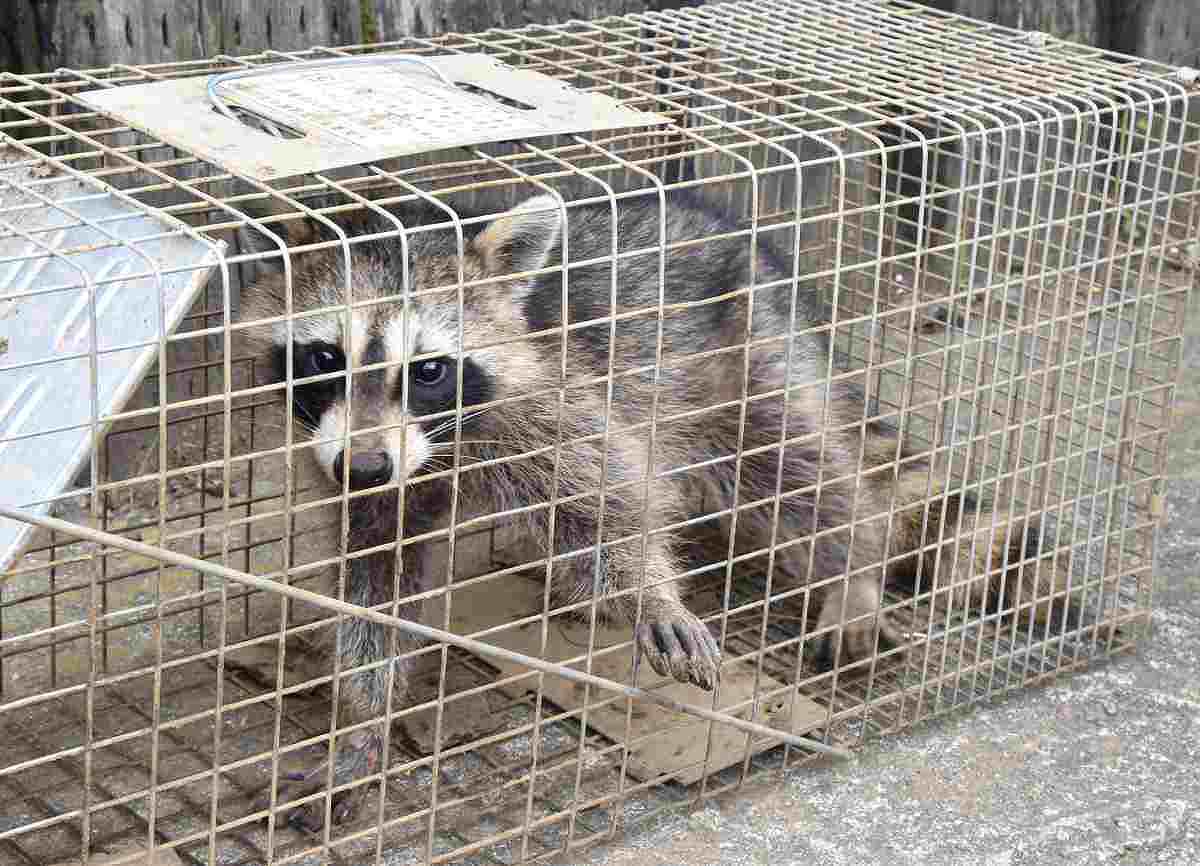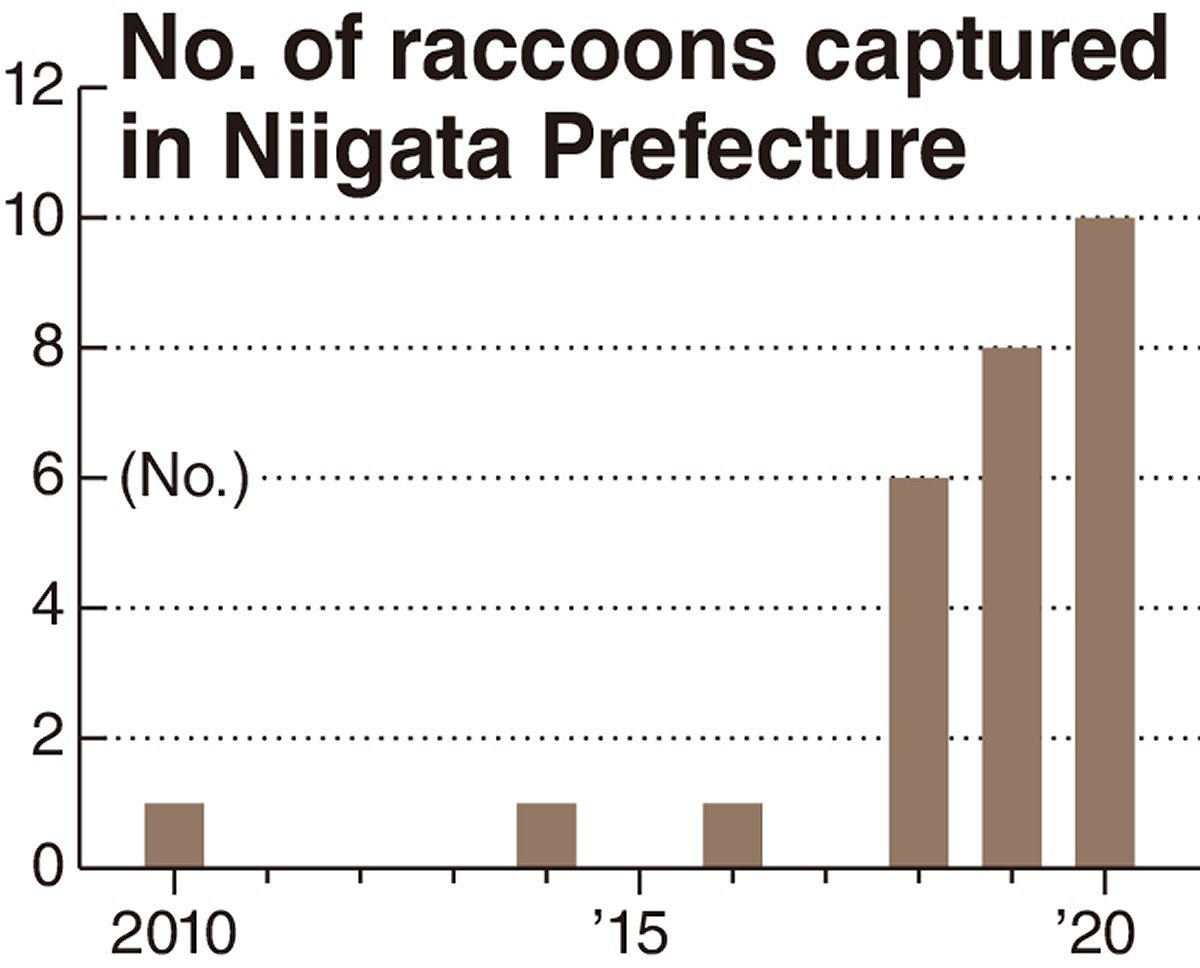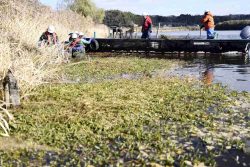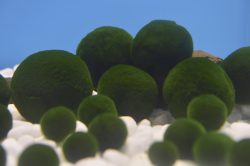
A raccoon is seen after being apprehended
12:43 JST, May 30, 2023
NIIGATA — The Niigata prefectural government is accelerating efforts to rid the prefecture of crop-damaging raccoons, designated by the central government as an invasive alien species. To achieve its goal, the prefectural authority aims to compile a roadmap as quickly as early June.

Raccoon captures in the prefecture have increased sharply since 2018, mainly in the Joetsu region, but capture areas are expanding throughout the prefecture.
Following a popular anime series, people in Japan began to keep raccoons as pets. However, some were neglected by their owners and ended up living in the wild.
Raccoons are omnivorous and have a significant impact on the agriculture, forestry and fisheries industries.
Hokkaido — where the “masked” mammals are believed to have established a foothold in 1979 — suffered agricultural damage totaling about ¥120 million in fiscal 2020. Raccoons also eat rare species, thus disrupting local ecosystems.
According to the Niigata prefectural government’s environmental measures division, raccoons are still in the relatively early stages of “invasion.” However, there are concerns that they will rapidly expand their habitat and become established.
The first raccoon was captured in the prefecture in 2010, then a single raccoon was captured in 2014 and 2016. In 2018 six were apprehended, followed by eight in 2019 and 10 in 2020.
Active in wide area
In response to the surge in the number of captures, the prefectural government in fiscal 2022 conducted a survey to discern the raccoons’ habitats and confirmed traces across wide parts of the prefecture, though primarily in the Joetsu region. Based on the survey, the prefectural government in March compiled a draft control implementation plan, drawing on precedents and expert views from other prefectures.
The local authority plans to solicit public opinion before finalizing its plan.
The central government designates invasive alien species as organisms originating from overseas that may disrupt ecosystems, harm people or damage the agriculture, forestry and fisheries industries in Japan. Strict regulations apply to the import, transfer and raising of such organisms.
As of April, a total of 156 species were listed as invasive alien species. Raccoons were added to the list in 2005.
Raccoons will be captured in accordance with the Wildlife Protection, Control, and Hunting Management Law, which requires the protection of wild birds and animals, as well as damage prevention. The envisaged plan will make it possible to capture raccoons in accordance with the Law on the Prevention of Adverse Ecological Impacts Caused by Designated Invasive Alien Species, which aims to prevent damage caused by designated invasive alien species. By doing so, the prefectural government will likely be able to get a more accurate picture of the raccoons’ habitats and respond quickly when they appear.
Putting measures in place
In order to implement measures based on local conditions, each municipality was divided into three categories depending on the raccoons’ habitat density: priority control areas, warning control areas and invasion prevention areas.
The cities of Joetsu, Itoigawa and Myoko were categorized into highest-level priority control areas. The prefectural government will prioritize these cities when lending out box traps as part of efforts to promote hunting.
“The situation in Niigata Prefecture is still at a stage where actions can be effective,” said Hideo Miguchi, professor of animal ecology at Niigata University. “If we don’t thoroughly get rid of [the raccoons] now, their numbers and related damage will increase in no time at all.”
The professor warned anyone who encounters a raccoon not to touch or feed it, but instead immediately contact the local government.
Top Articles in Science & Nature
-

Japan Institute to Use Domestic Commercial Optical Lattice Clock to Set Japan Standard Time
-

Japan to Face Shortfall of 3.39 Million Workers in AI, Robotics in 2040; Clerical Workers Seen to Be in Surplus
-

Record 700 Startups to Gather at SusHi Tech Tokyo in April; Event Will Center on Themes Like Artificial Intelligence and Robotics
-

iPS Treatments Pass Key Milestone, but Broader Applications Far from Guaranteed
-

iPS Cell Products for Parkinson’s, Heart Disease OK’d for Commercialization by Japan Health Ministry Panel
JN ACCESS RANKING
-

Japan PM Takaichi’s Cabinet Resigns en Masse
-

Japan Institute to Use Domestic Commercial Optical Lattice Clock to Set Japan Standard Time
-

Israeli Ambassador to Japan Speaks about Japan’s Role in the Reconstruction of Gaza
-

Man Infected with Measles Reportedly Dined at Restaurant in Tokyo Station
-

Videos Plagiarized, Reposted with False Subtitles Claiming ‘Ryukyu Belongs to China’; Anti-China False Information Also Posted in Japan






















